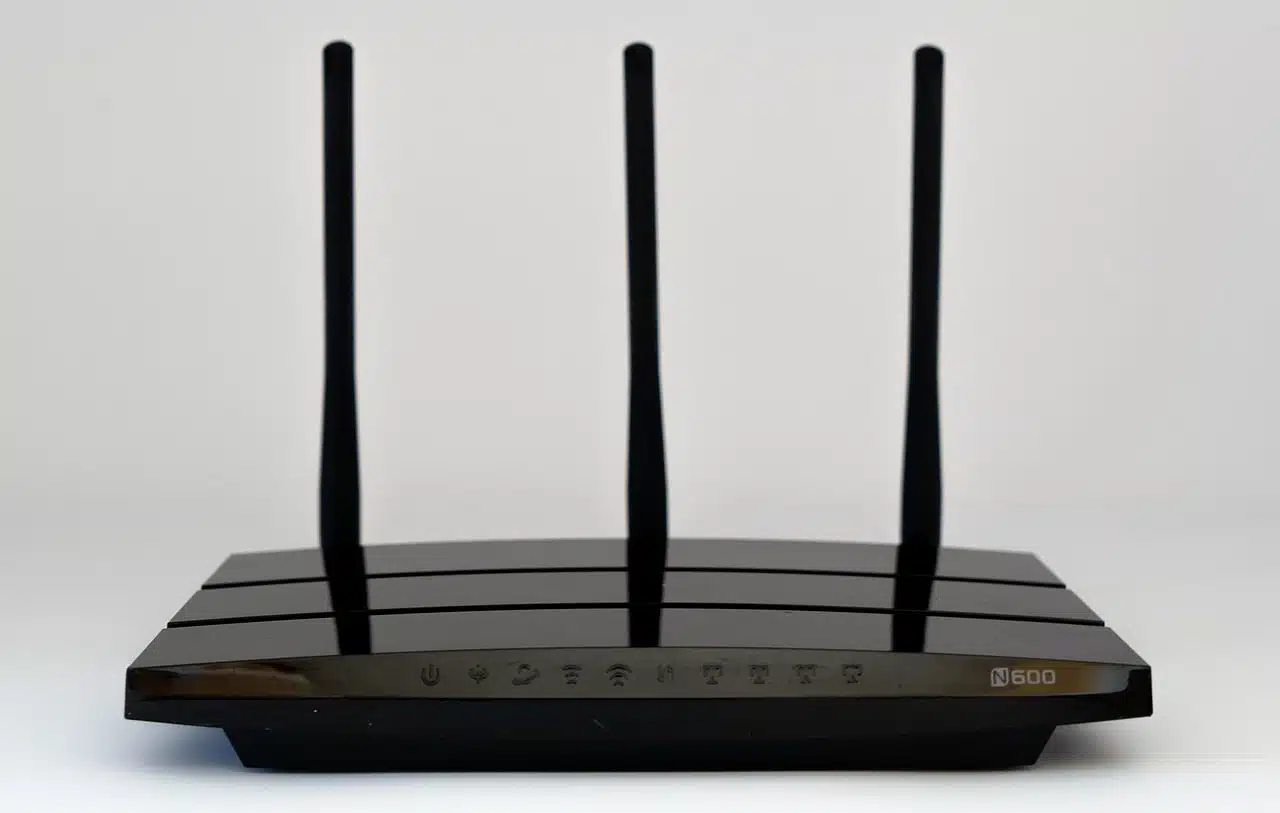
Bandwidth is key when connecting to the Internet.
The Internet is a network of networks that allows the decentralized interconnection of computers through a set of protocols called TCP/IP .
Using a browser , users can connect to the server hosting a website and access its contents.
To visit a specific web page, you can type the URL into the navigation bar. Another possibility is to use a search engine and enter the corresponding link.
History of the Internet
The Internet had its origins in 1969 , when an agency of the United States Department of Defense began to look for alternatives to a possible atomic war that could cut off people's communication.
Three years later, the first public demonstration of the designed system was carried out, thanks to the fact that three universities in California and one in Utah managed to establish a connection known as ARPANET (Advanced Research Projects Agency Network) .
Differences from the World Wide Web
Contrary to popular belief, the Internet and the World Wide Web (WWW) are not synonymous. The WWW is an information system developed in 1989 by Tim Berners Lee and Robert Cailliau . This service allows access to information that is linked through the HTTP (HyperText Transfer Protocol) protocol.
Other services and protocols available on the network of networks are remote computer access known as Telnet ; the FTP (File Transfer Protocol) file transfer system; email (or electronic mail), both POP and SMTP ; P2P file sharing; and online conversations or chats .

A modem and a router are basic tools to connect to the Internet.
Internet, a revolution on a global scale
The development of the Internet has far surpassed any predictions and constituted a true revolution in modern society . The system became a pillar of communications, entertainment and commerce in all corners of the planet.
Statistics indicate that, in 2006 , Internet users (known as Internet users ) exceeded 1.1 billion people . It was expected that in the following decade this figure would double, driven by the massification of high -speed access ( broadband ), but the results exceeded expectations: in 2020 , the number of Internet users exceeded 4.54 billion, almost 60 percent. percent of the world's population and more than double what had been anticipated.
Among the reasons why the Internet has reached such a degree of massification is the creation of smartphones , which today we simply call mobile phones or cell phones because they are already the norm, but which at the time represented a revolution at a technological level and social. While the first mobile phones simply allowed us to make calls and send short text messages, little by little companies added functionalities that expanded them until they became small computers, with spectacular screens and incredible sound quality for their size. .
Today, wireless connection allows access to any online service or digital platform regardless of physical location. With a WiFi connection or other technology, you can enjoy the countless offerings available on the Internet through a phone or laptop.

Thanks to the Internet, the online advertising business emerged.
The growth
At first, the Internet was overwhelming for people outside the world of computing, and that is why it aroused the almost exclusive interest of technology lovers. Like all changes, it did not happen overnight, but it was thanks to the first to adopt this tool to communicate remotely that the Internet was promoted little by little, showing more and more attractive features for skeptics.
Chat was without a doubt one of its fundamental pillars, to the point that many of the current users approached the Internet exclusively to take advantage of it. Although chat rooms are not as popular today, during the 90s they enjoyed great success. It should be noted that the possibilities they offer are not entirely comparable with those of current instant messaging systems since they allow you to meet people spontaneously while also being organized by location, interests, ages and more categories.
In short, we can say that the Internet began as a curiosity for those who wanted to expand the possibilities of their computers, but in a matter of a few years it became the most used tool in daily life to carry out or complement almost all our activities, from communications to work, through entertainment.
Advantages of the Internet
The advantages that the Internet offers are multiple compared to other communication tools. It is currently impossible not to allude to the concept of social network , a type of platform or service that allows establishing contacts and sharing all types of information.
Access to music and movies via streaming (without the need to download content), the possibility of storing data in the cloud (or cloud), the purchase of products through e-commerce (or electronic commerce) and e-learning (e-learning) are other alternatives available to Internet users.
It should be noted that, to minimize risks, it is necessary to take cybersecurity measures. Using a firewall and antivirus is an essential action to avoid infecting devices with malware or spyware and to avoid becoming a victim of phishing .
